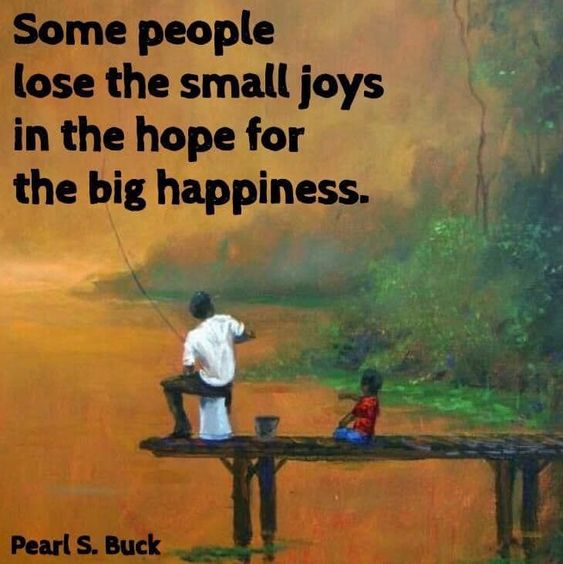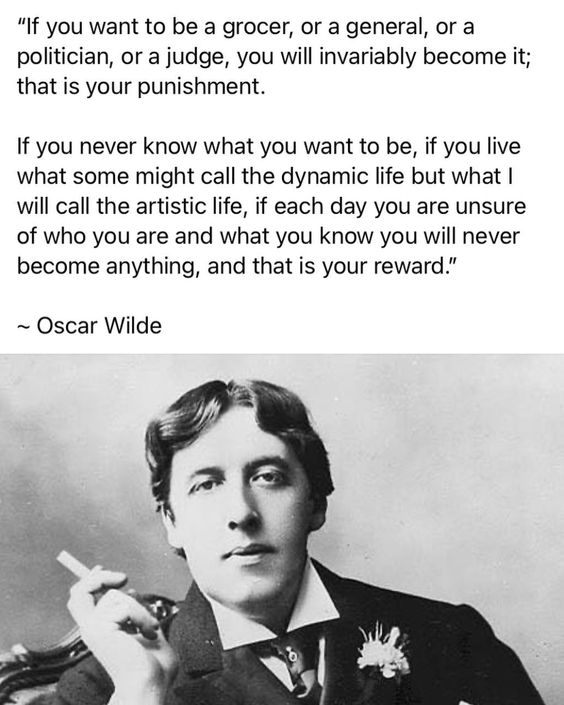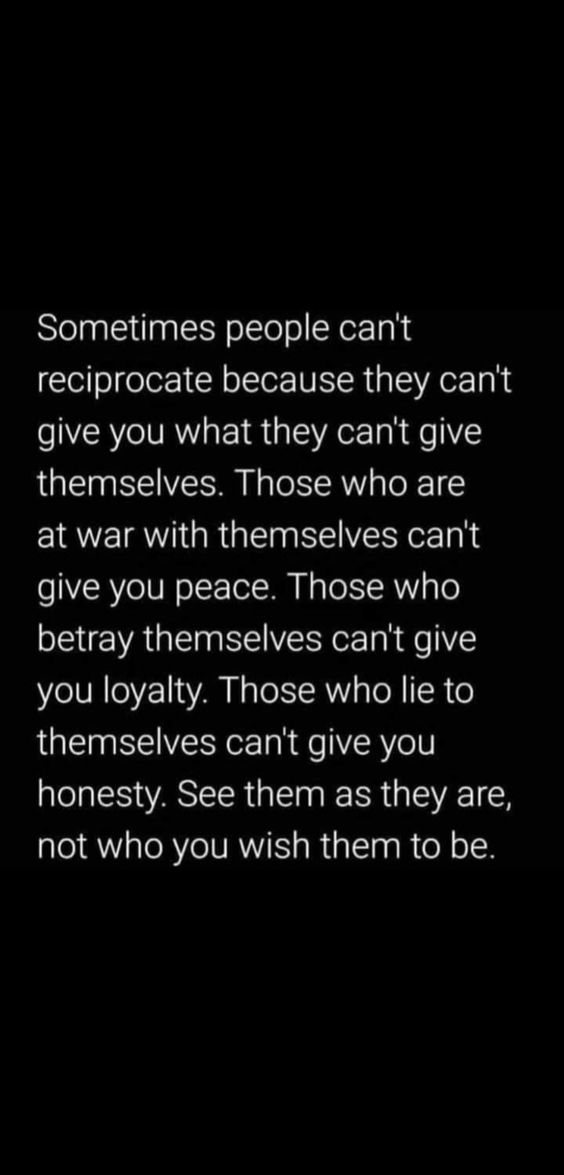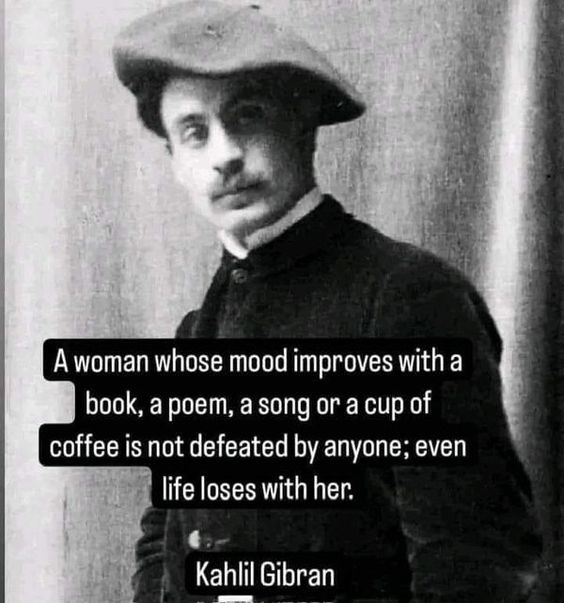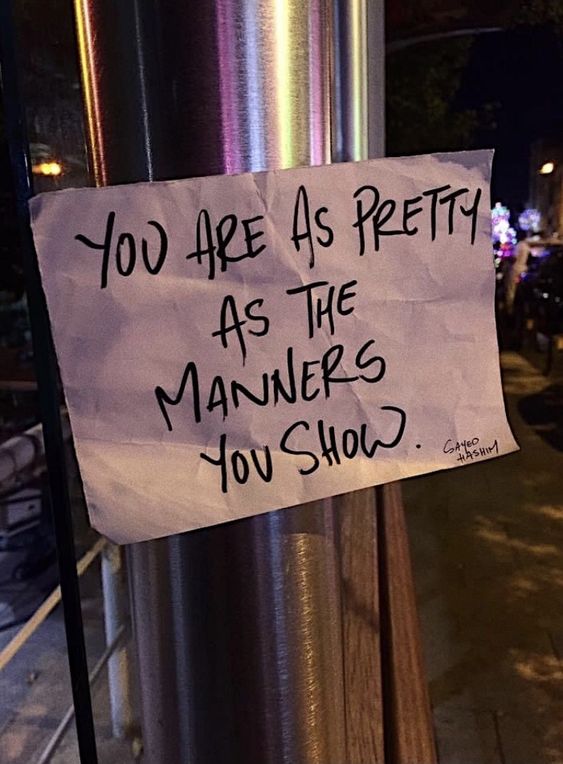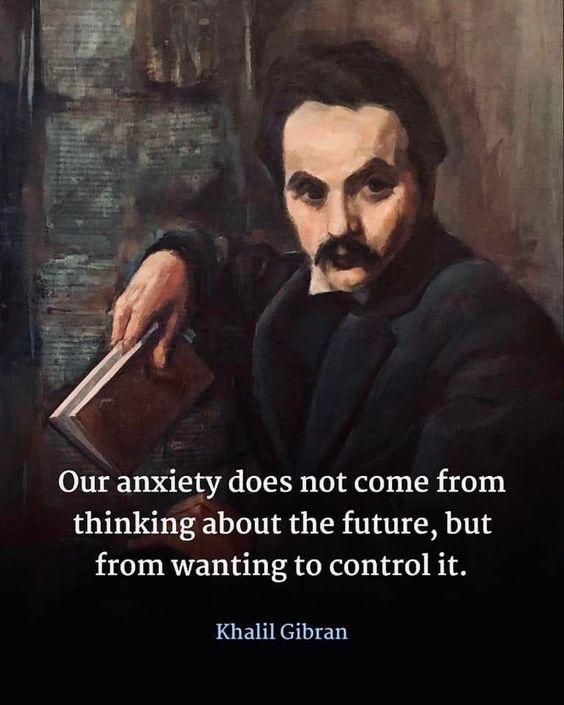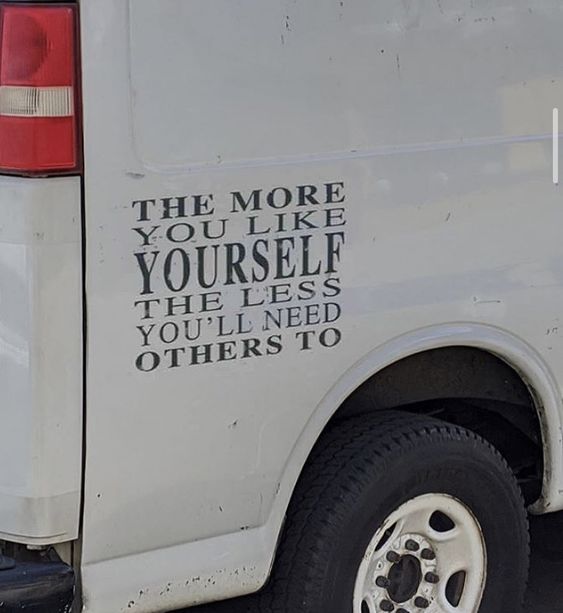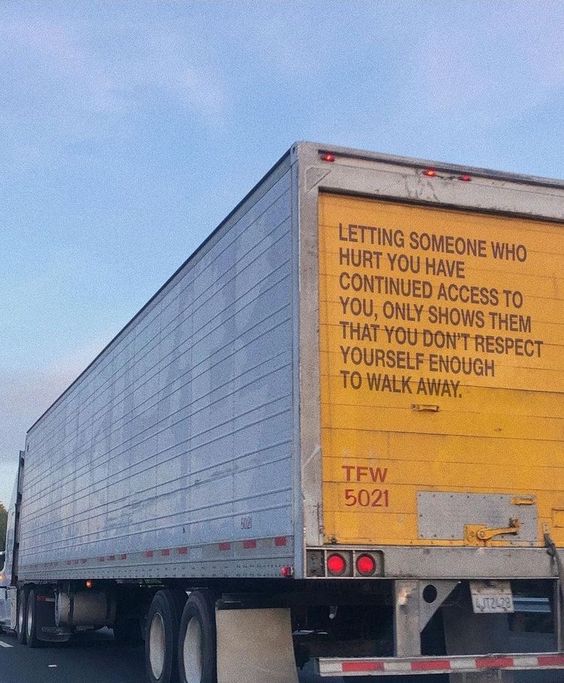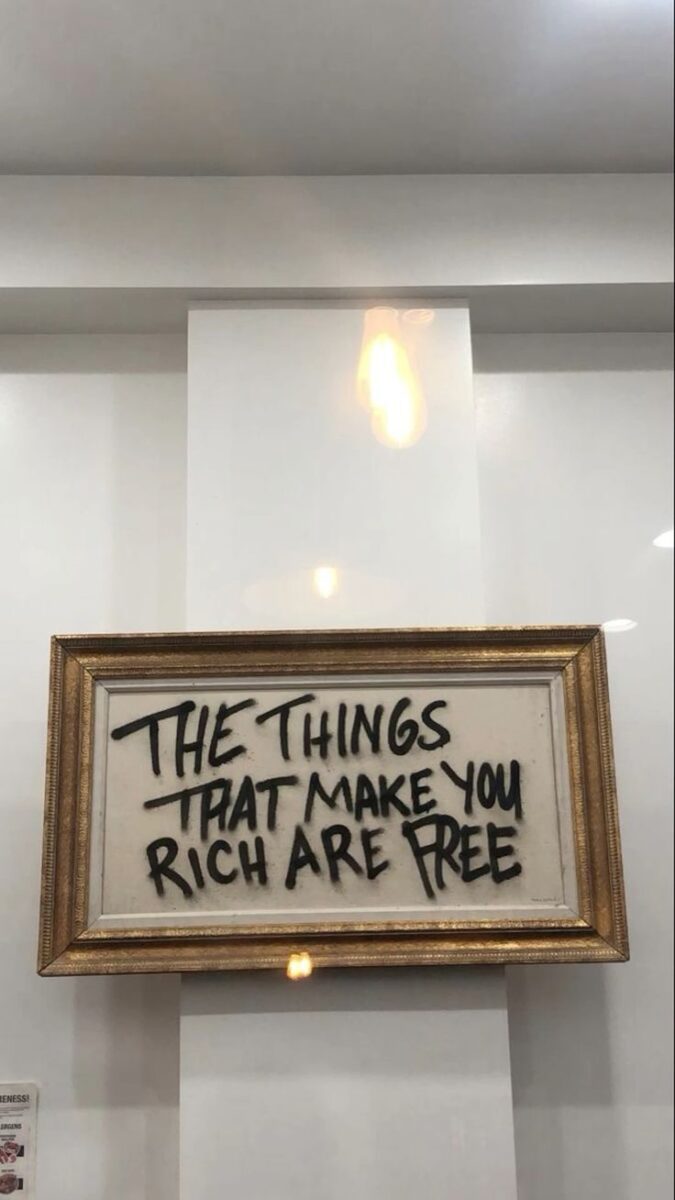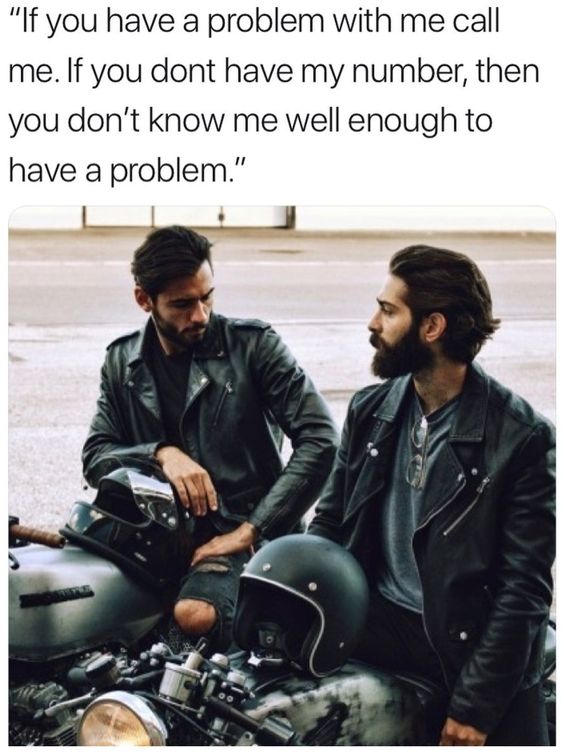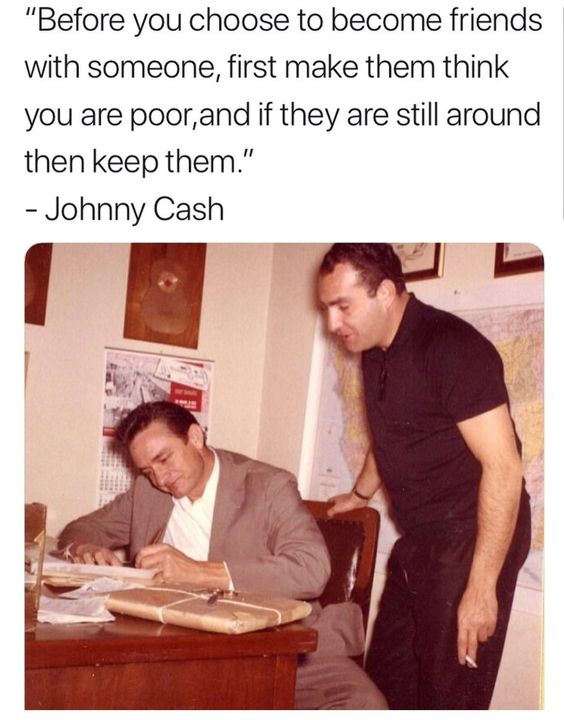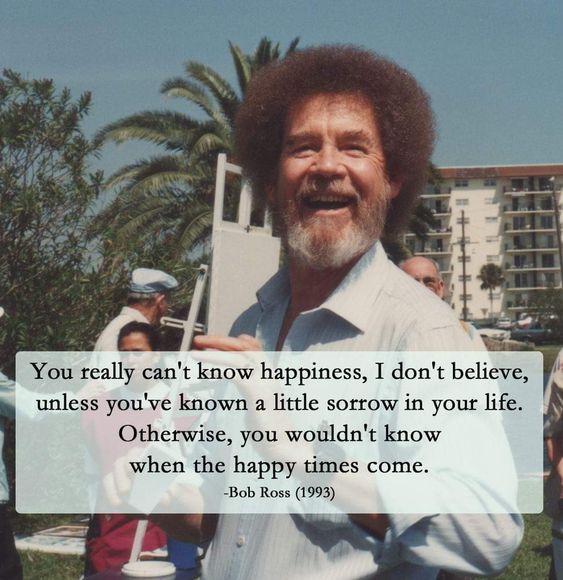“In marked contrast to the other domains of parental authority, my mother was loose when it came to the rules regarding food. If I didn’t like something, she never forced me to eat it, and if I ate only half my portion, she never made me finish the plate. She believed food should be enjoyed and that it was more of a waste to expand your stomach than to keep eating when you were full. Her only rule was that you had to try everything once.”
Michelle Zauner, Crying in H Mart (Page 22)
“Some of the earliest memories I can recall are of my mother instructing me to always ‘save ten percent of yourself.’ What she meant was that, no matter how much you thought you loved someone, or thought they loved you, you never gave all of yourself. Save 10 percent, always, so there was something to fall back on. ‘Even from Daddy, I save,’ she would add.”
Michelle Zauner, Crying in H Mart (Page 18)
“The idea of ‘Fuck Yes…or N’ is far too simple and has caused me quite a lot of grief. Dropping out of college, I was maybe 51/49 on it. Leaving my corporate job to become a writer, maybe 60/40. Right now I’m about to do something big that I am both excited and terrified about. The point is: The certainty comes later. The truly life-changing decisions are never simple. If I had only ever done things I was absolutely certain about, I’d have missed out on experiences I love. Conversely, I regret a good chunk of my ‘Fuck yes’s’ because I was caught up in a fit of passion or bias. The whole point of risk is that you don’t know.“
Ryan Holiday
“Happiness is bigger than health. Health is the happiness of the body, happiness is the health of the soul.”
Osho, Everyday Osho (Page 209)
“Within five years, I lost both my aunt and my mother to cancer. So, when I go to H Mart, I’m not just on the hunt for cuttlefish and three bunches of scallions for a buck; I’m searching for memories. I’m collecting the evidence that the Korean half of my identity didn’t die when they did. H Mart is the bridge that guides me away from the memories that haunt me, of chemo head and skeletal bodies and logging milligrams of hydrocodone. It reminds me of who they were before, beautiful and full of life, wiggling Chang Gu honey-cracker rings on all ten of their fingers, showing me how to suck a Korean grape from its skin and spit out the seeds.”
Michelle Zauner, Crying in H Mart (Page 11)
“Sometimes my grief feels as though I’ve been left alone in a room with no doors. Every time I remember that my mother is dead, it feels like I’m colliding with a wall that won’t give. There’s no escape, just a hard surface that I keep ramming into over and over, a reminder of the immutable reality that I will never see her again.”
Michelle Zauner, Crying in H Mart (Page 6)

